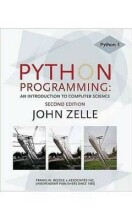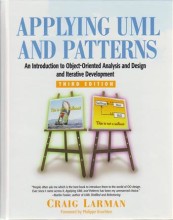Membrane potential & action potential & ion channels & ion transporters
35 important questions on Membrane potential & action potential & ion channels & ion transporters
What are the three categories of potentials?
- Receptor potential
- Synaptic potential
- Action potential
What are the requirements of electrical signalling?
- Fast
- Cross long distances
- Should not lose strength over distance
What is the difference between passive and active responses?
- Higher grades + faster learning
- Never study anything twice
- 100% sure, 100% understanding
What happens to the action potential if you give a stronger stimulus (when the first one already exceeded the threshold)?
What happens with passive conductance?
The resting membrane potential is based on two principles in physics, what are these?
- Diffusion of particles
- Electrical forces between electrical charges
What are the key players in excitability of neurons?
If ions start moving to the outer side of the membrane, what force generates?
What happens to the membrane potential if you increase the concentration of extracellular potassium?
If you look to the relation between action potential and reversal potential, what can you conclude?
What are the two types of proteins that can move ions over the cell membrane?
What is the main difference between ion transporters and ion channels?
What happens to the sodium flux if you reduce the extracellular concentration of potassium?
What are exchangers? What are the two types?
The two types are antiporters and co-transporters.
What are the requirements to study excitability of neurons?
What is the voltage-clamp technique?
What can you measure with a current clamp?
How can you determine if current consists of two separate currents?
- Use specific solutions (specific ions will not flow, because they are not there)
- Use toxins (blocking specific channels)
What happens if you inhale/inject TTX (or eat it, it is located in Pufferfish which is a Japanese delicacy)?
What is the patch-clamp technique?
What is a cell-attached recording?
What is whole-cell recording?
When is the chance to be in an open state higher for ion channels?
What is special about Na-channels?
When are the fast activation gates of Na channels open? And when are they closed?
Why are the activation gates faster than the inactivation gates?
What is the key component in the excitability of neurons?
What happens to the membrane when there is input (synaptic stimulation)?
What is the rapid rise phase (depolarization phase)?
What happens to the membrane is the K-channels open?
What is the repolarizing phase?
What is special about the soma?
How is an action potential propagated?
Active flow: the opening and closing of the channels to give a new impuls to the passive flow and the signal will not die out.
What are nodes of Ranvier?
What is wrong with patients with multiple sclerosis?
The question on the page originate from the summary of the following study material:
- A unique study and practice tool
- Never study anything twice again
- Get the grades you hope for
- 100% sure, 100% understanding
































